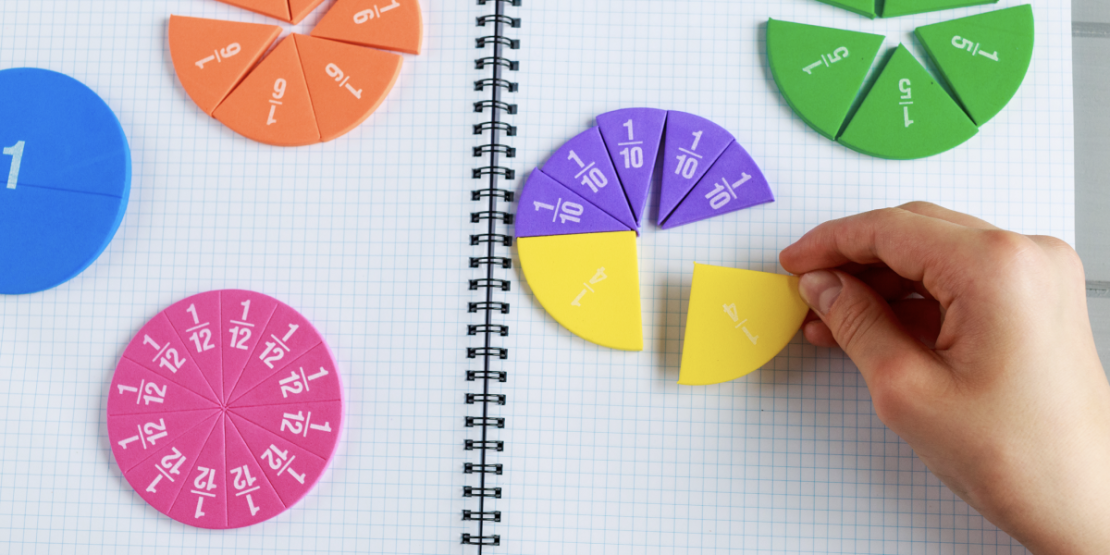After becoming a parent, have you ever felt that the “volume” in your home is getting louder and louder? Not only were the children crying, but I was also screaming more and more frequently. Communication in the family relies entirely on “yelling”, and the smallest thing can lead to a world war. How come we, who are usually polite to others, turn into “lion-roaring” parents when we see our children?
A home filled with smoke
Raising a baby can be one of the hardest things in the world.
Yimin lives with her 13-year-old son Xiaogu. Mother and son often quarrel. Xiaogu refuses to obey his mother’s discipline and even makes rude remarks. His words aroused her mother’s anger again, causing her to completely lose control.
Every time Yimin wanted her son to do something, he always said: “Leave me alone!”
Yimin’s repeated urgings made her son even more impatient. Xiaogu would say, “I can’t stay in this house at all. I won’t listen to anything you say!”
When Yimin heard this, she would yell back: “Why did I raise such a white-eyed wolf like you!” and threatened to take away his mobile phone.
Facing his mother’s anger, Xiao Gu chose to fight back with harsher words, causing the war to escalate.
A negative feedback loop formed between mother and child. Xiao Gu protested against her mother by refusing to do things. Yimin expected Xiao Gu’s resistance but responded roughly, which made Xiao Gu even more unwilling to communicate.
The two spent a lot of energy in endless quarrels, and the family relationship became increasingly tense.
Like Yimin, many parents will encounter this kind of situation where they can’t help but lose their temper.
The clothes I had just washed turned out to be extremely dirty in a short while. I had planned the itinerary in advance and cried and made a fuss before setting off, refusing to go. I was specifically told not to touch the valuable and fragile items. When I turned around, I heard “crash” – – broke into pieces.
Anger boils over your head, and you lose control. You start yelling at him, and soon the child starts to become hysterical too.
When children feel the accusation in their parents’ tone, they can easily lose their cool, and the same is true for parents. Even if they try their best to stay rational, it is difficult to avoid becoming emotional in the end. This is a very common phenomenon.
These out-of-control reactions mean your child may have hit your “anger switch.”
After the trigger, angry emotions replace thinking, and you say things that will make you regretful.
Why did I lose control?
As mentioned above, Yimin had a typical emotional out-of-control problem when getting along with her son.
Losing control of your emotions is not a sinful behavior. Today’s society is highly competitive and under the pressure of work and life, we will inevitably have moments when we cannot control our emotions.
However, if it is frequently out of control, it will hinder work and life, affect mental and physical health, and significantly damage the parent-child relationship.
Yimin often loses control when faced with Xiaogu’s rebellious words and deeds. In similar situations, parents usually think that “the child is too disobedient” causing their sudden emotional outbursts.
But this is not the case. Here we use the “ABC model” proposed by American psychologist Ellis to study parents’ reactions to negative events.
In this model, A is the negative event, C is the outcome, which is your feelings and actions, and B in between is the belief and perception of the event.
Negative events (A) do not directly trigger feelings and behaviors (C), but the cognitive thoughts (B) brought about by the negative event cause us to make a series of reactions.
We usually think that an event will lead to a result, that is, the appearance of A will lead to the result C, but in fact, the cognitive thought B of A is the key to triggering behavior.
In Yimin’s case, these perceptions came to mind and aroused her emotions before she developed feelings of anger and disrespect.
These negative judgments will trigger corresponding negative emotions and reactions, which hinder communication and seeking solutions to conflicts, and cause Yimin to overreact and speak indiscriminately.
Yimin’s self-denial caused her pain and anger to pour out, but she ignored that her son was only dissatisfied with her disciplinary attitude and only said a few angry words.
Calm Parent Development Program
Now, Yimin understands that Xiaogu’s actions were not intentional to make her angry, but just like her previous irritable parents, she was trying to protect herself.
Her mood changed from anger to understanding, and she tried to be gentle when communicating with her son. She did not want her childhood experience to be repeated with her child.
As parents, we cannot control our children’s emotions, but we can take action first and change ourselves.
Developing these habits will help you become a calmer parent.
Don’t over-interpret your child’s words
- A few words impulsively spoken by a child can often make parents think in infinite ways. “Are you sick?” may be interpreted as a bad character, while “I don’t care” may mean ungratefulness.
- The more parents think about it, they may eventually conclude that their child is a “little devil” and scare themselves.
- But returning to the words themselves, maybe he is just venting his emotions or resisting communication. The parents’ over-interpretation has intensified the conflict and led to even more distrust between them.
Don’t have too high expectations for your children
- Parents should consider their children’s age and personality and set appropriate expectations.
- If your children are still young, you cannot expect them to speak and act logically or to be highly self-disciplined.
- A five-year-old child is unlikely to have a strong sense of time, so parents should not expect him to be on time.
- Personality is also an important factor. Parents may want their children to interact and play more with classmates, but this is not easy for introverted children, and parents’ expectations make them feel resistant.
Before you yell, take a deep breath
- When your child’s words and deeds reach your “anger switch”, first press a pause for yourself, stop talking, take a few deep breaths, or say “Calm down” silently in your mind.
- With this small buffer, you can avoid many overreactions. When your children find that you are not angry, they may slow down and speak nicely.
Write down how you feel when you are angry
- Take out a pen and paper and list the things that easily make you angry. Recall: what you felt, what you thought, and what you did when these things happened.
- If after listing it, you feel that you overreacted at some point, think about the reasons for doing so. When faced with similar things again, there is a better way to deal with it.
Look at your child’s behavior from another perspective
- When your child’s behavior makes you dissatisfied, consider that those behaviors may express some kind of need.
- Because they don’t want to ask you for help, they turn to other methods. When parents are angry, it is easy to ignore this.
- For example, if you missed your child’s birthday and you wanted to make it up to him by taking him to his favorite playground, but he said, “I’m not going,” did you actually want to say, “Why did you have to work overtime on my birthday?”
Be more empathetic, think about the fact that you were once a child, and there were moments when you were dissatisfied with your parents, and try to let your childhood self understand the children of today.
If your child’s words and deeds disappoint you, sometimes it’s not that he has a problem himself, but that he may also be facing a difficult situation and find it difficult to solve it himself.
There are no perfect parents in the world, and there is no need to blame yourself too much for occasionally losing control. But if you no longer want to be plagued by impulses and regrets, try taking responsibility for your actions and start with small changes.
No one is born to be a parent. Through getting along with their children, they gradually understand what behaviors will cause harm and how to change and heal the rift.
Parents and children are not only companionship and nurturing, but more importantly, they grow together – the children become adults and the parents mature.
You can continue yelling, or you can squat down, ask your child what they want to tell you, and listen to what they have to say.



-768x429-1.jpg)
